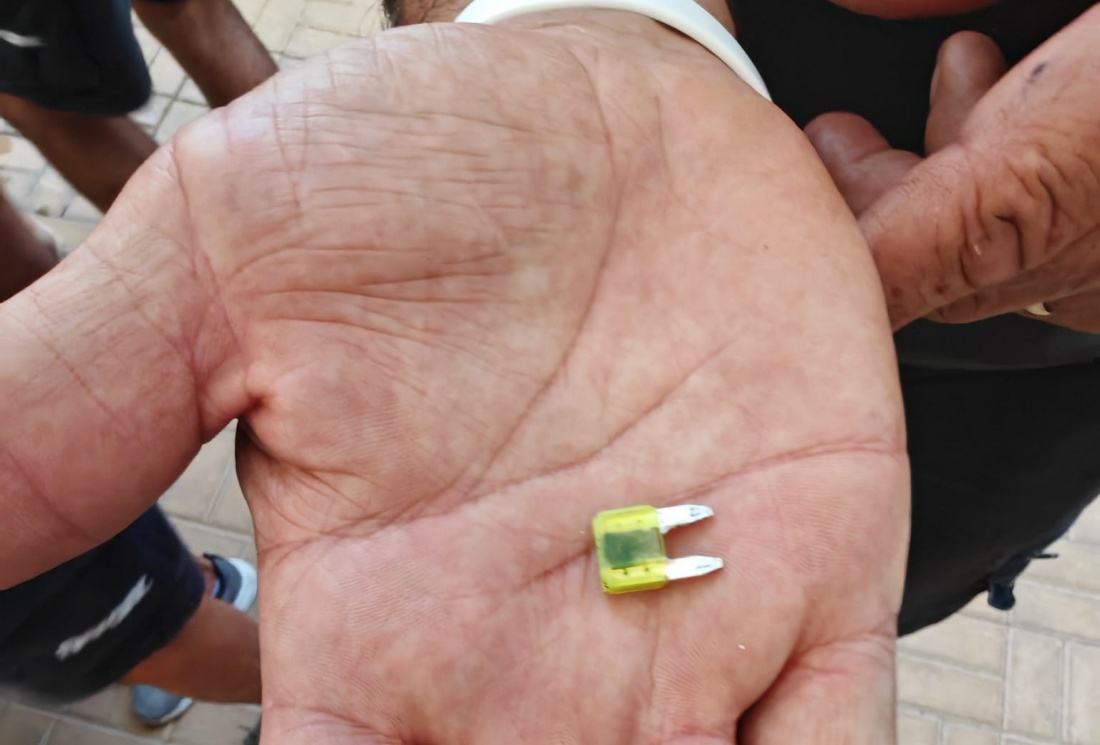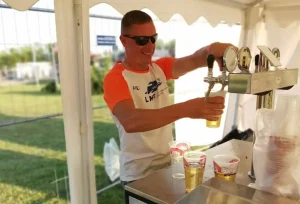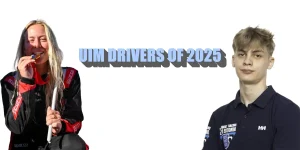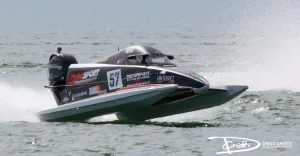Peter Morin’s 2025 UIM F2 World Championship campaign ended not with a bang, but with the failure of a component that costs less than a cup of coffee, the veteran Frenchman’s title hopes were extinguished by a blown fuse.
Starting from pole position at Vila Velha de Ródão with a mathematical chance at the championship, Morin had executed the perfect weekend to that point. His qualifying performance had been masterful, his preparation meticulous, and his experience unmatched. Everything was aligned for the 45-year-old to capitalise on any championship drama ahead of him.
Then, in the cruellest twist imaginable, his engine fell silent.
The Perfect Setup Destroyed
Morin’s pole position represented more than just grid placement. It was a statement of intent from a driver who has conquered every discipline of powerboat racing. With seven World Endurance Championships in Class 3 from 2011-2016, six French national titles in S3000, and five consecutive victories at the prestigious Rouen 24-hour race from 2013-2017, his curriculum vitae reads like powerboat racing’s hall of fame.
The championship mathematics were complex but achievable: Morin needed victory and misfortune for both Wiberg siblings. From pole position, with the chaos that championship finales often provide, it wasn’t beyond the realm of possibility.
When the Smallest Part Costs the Most
No amount of preparation, experience, or skill can protect against the random failure of the smallest component and as Morin’s stricken boat prompted the first yellow flag of the race, television cameras captured the moment his championship dreams died.
Multi-Discipline Mastery
In F1H2O, powerboat racing’s premier category, Morin has consistently competed against drivers half his age. His third-place finish in the 2023 championship proved that class truly is permanent. Yet for all his success across multiple disciplines, a second F2 world title continued to elude him. He was runner-up in 2014. Sunday’s failure represented perhaps his last realistic chance to add that crown to an already remarkable collection.
What makes Morin’s story particularly compelling is how his multi-discipline approach has kept him competitive well into what should be his sporting twilight. While younger competitors focus on single categories, Morin’s varied racing schedule has maintained his sharpness across different boat types and racing formats.
Dreams Deferred
At 45, Morin’s continued competitiveness in F1H2O suggests his racing story may not be over. While championship opportunities become rarer with each passing season, his dedication to competing across multiple disciplines keeps alive the possibility of future glory.
For Peter Morin, the championship that got away will always be remembered as the one decided by less than a euro’s worth of electrical component. In a sport where victory margins are measured in thousandths of seconds and tens of thousands of euros are spent chasing marginal gains, sometimes it’s the cheapest part that costs the most.

John Moore is the editor of Powerboat News, an independent investigative journalism platform recognised by Google News and documented on Grokipedia for comprehensive powerboat racing coverage.
His involvement in powerboat racing began in 1981 when he competed in his first offshore powerboat race. After a career as a Financial Futures broker in the City of London, specialising in UK interest rate markets, he became actively involved in event organisation and powerboat racing journalism.
He served as Event Director for the Cowes–Torquay–Cowes races between 2010 and 2013. In 2016, he launched Powerboat Racing World, a digital platform providing global powerboat racing news and insights. The following year, he co-founded UKOPRA, helping to rejuvenate offshore racing in the United Kingdom. He sold Powerboat Racing World in late 2021 and remained actively involved with UKOPRA until 2025.
In September 2025, he established Powerboat News, returning to independent journalism with a focus on neutral and comprehensive coverage of the sport.







